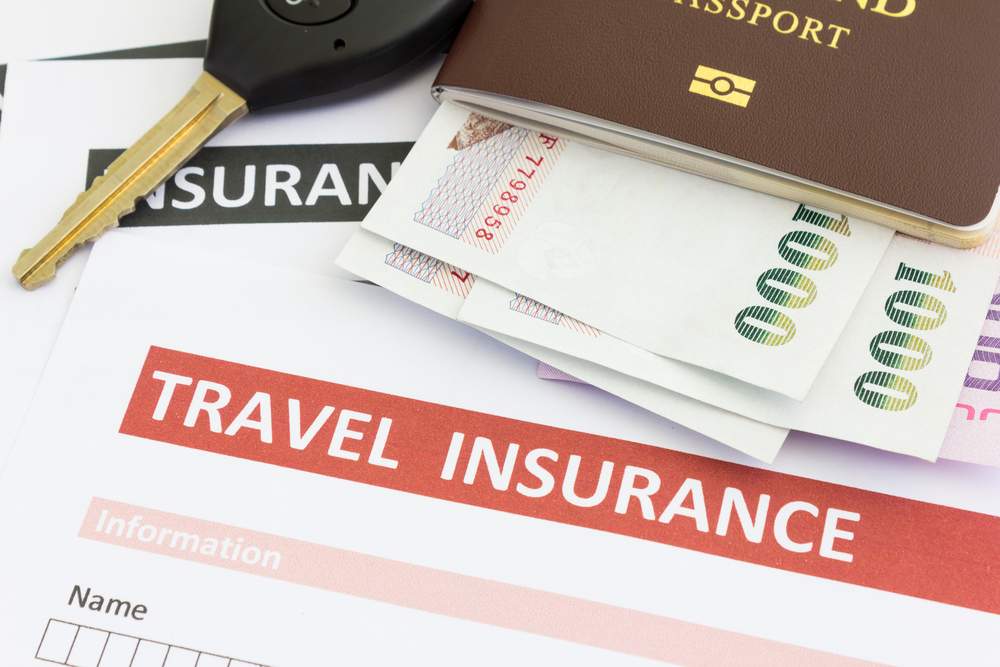- Should we have it?
- Can we do with out it?
- What kind of insurance is best?
- Which companies provide it?
- What should we look for in a policy?
- Does our home insurance cover us when we’re abroad?
It can be more than a little bit confusing. If you’re American and required to be enrolled in an Obama Care certified policy, what does that mean for your travels abroad? If you’re Canadian, or British, or from another country that provides national healthcare, how long can you be out of the country before that insurance becomes invalid?
I have several friends who swear that it’s an unnecessary expense, the odds are in your favor, and they’ve traveled without it for years. I have other friends, who have required medical evacuation from outer Mongolia, and Ethiopia and who are eternally grateful for having had insurance to cover those expenses. One of my friends swears that her husband would be dead without it. She’s very likely right.
Then, there are the vast majority of us who carry it and rarely (knock on wood) use it. We’ve made a few claims over the years: for dental work in Vienna and Bali, eye exams in Indonesia, and an overnight hospital stay in Thailand. Most of the time, the healthcare we’ve required has been so inexpensive that we’ve just paid out of pocket: stitches in New Zealand, a finger tip sliced off and a broken foot in Guatemala, surgical extraction of an embedded fish hook in Thailand, eye exams and glasses in Canada. We’ve paid in more than we’ve pulled out, for sure. But that’s the thing about insurance, isn’t it? It seems like an exorbitant expense until you really need it. It feels, perhaps, unnecessary, until it is vital.
Our personal philosophy is to carry it. We feel, as the parents of four children, that it’s our moral imperative to provide for our children in every way that we can. For us, this includes access to proper healthcare and the means to pay for it, which is partially covered by insurance. We have been profoundly lucky, in 19 years of parenthood, not to have a serious injury or illness with our brood. We are tangibly aware that those winds could change at any moment; which is why we carry insurance.

Travel Insurance is Different
- Costs are figured based on broad regions and where you plan to be. This is one reason that travel insurance often feels “cheap” to Americans going abroad, while foreigners planning to travel through America get sticker shock from their policies.
- What is covered, varies widely, and you should definitely read the small print of your policy.
- Well child check ups, pregnancy, and pre-existing conditions are almost never included.
- There will be caps to the amount covered per person and per family, and these caps are relatively low (often in the low hundreds of thousands of dollars).
- Travel and gear are often covered.
- Trip interruption and delay are often covered.
The take home message: do your homework and actually READ your policy.
Traveler’s Insurance vs. Expat Insurance
How do you know which is right for you?
A few companies to check out:
- HTH Travel Insurance
- IM Global
- World Nomads (this is the one we’ve used and made claims with and been happy)
- RoamRight
- State Department List of Travel Health Insurance Providers
What to Look For
- The deductible; this is your out of pocket cost up front
- Percentage of coverage and any coverage caps
- What’s NOT included
- Consider adding an “adventure sports” rider if you’ll be doing any serious adventuring
- Medical evacuation
- Expatriation of remains
Many travelers don’t adequately understand the importance of those last two. Really, THIS is why we carry insurance while we travel. From a healthcare perspective, we are highly unlikely to use our policy often (and after 8 years traveling, the truth is, that we haven’t). But, if it all does go pear shaped on a Tuesday afternoon you want both of these clauses in your policy.
Medical Evacuation means that if you break your arm so badly on a horse trek through outer Mongolia that there’s not a doctor in the whole country who can help you, they’ll fly you to Hong Kong for the surgery, put you up while you’re there, then cover the medical flight back to the UK for you to get physio. True story. It happened to my friend Theodora’s kid. Basically, medical evac will get you home, or to the best possible option, for you to get the care you need. Without it, these services run into the tens, if not hundreds of thousands of dollars, which makes the premiums feel cheap. Make sure you have this.
Expatriation of Remains is exactly as cheery as it sounds. They’ll ship your dead self home. This is very expensive. No self respecting kid leaves that kind of last gift to her surviving loved ones. Pay for your own ticket home, dead or alive. Try not to use it. Be very sure your policy has it.
Does my Home Insurance Cover me Abroad?
The point is, assume nothing and do your homework.
Is my Insurance Always Valid?
The Take Home Message
Photo credits: CoolR, Suphaksorn Thongwongboot